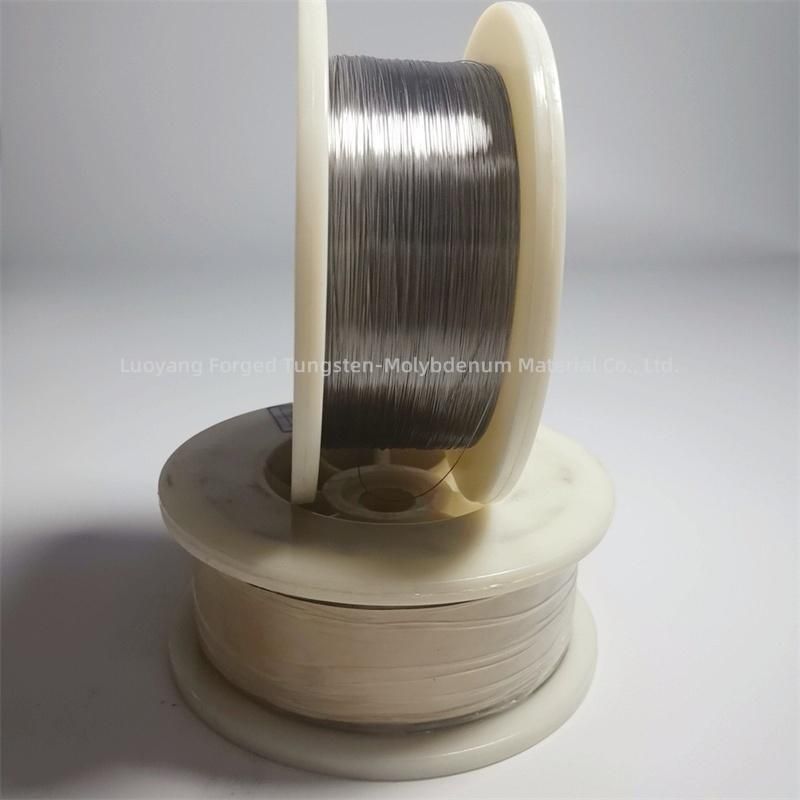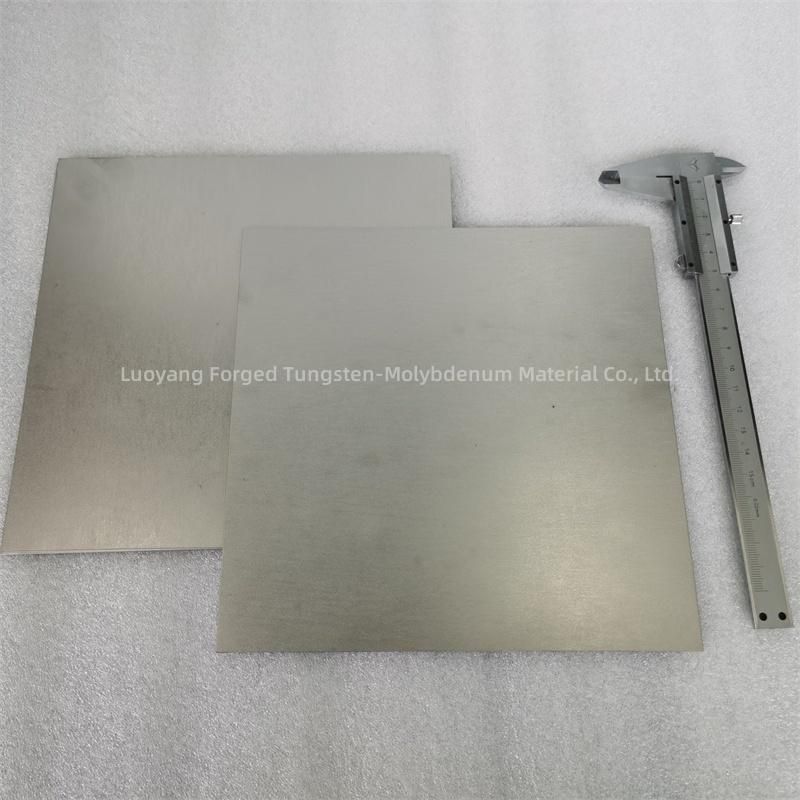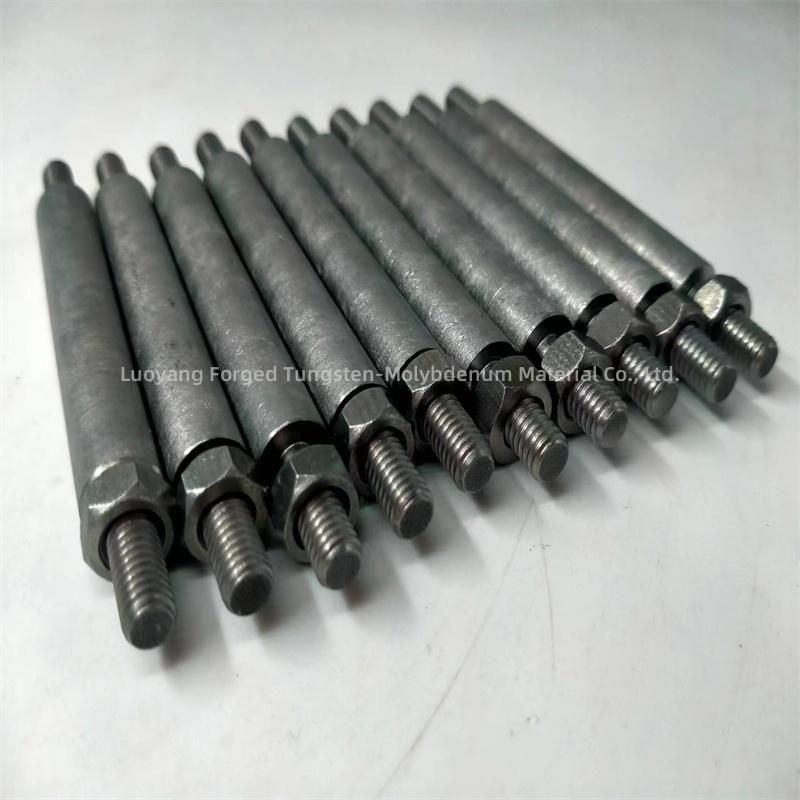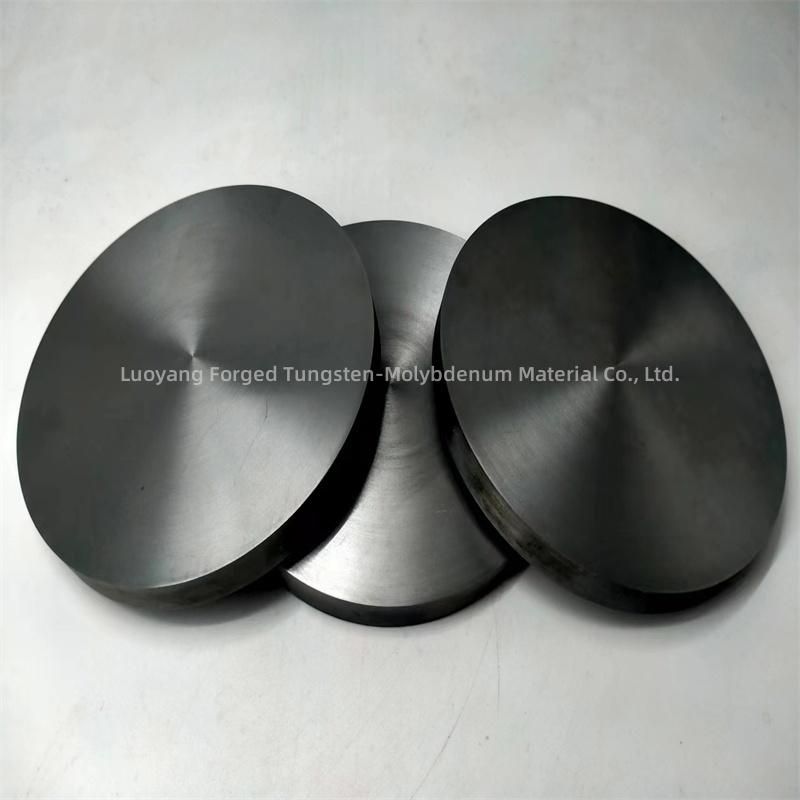Properties Of Titanium
|
Atomic number |
22 |
|
CAS number |
7440-32-6 |
|
Atomic mass |
47.867 |
|
Melting point |
1668℃ |
|
Boiling point |
3287℃ |
|
Atomic volume |
10.64g/cm³ |
|
Density |
4.506g/cm³ |
|
Crystal structure |
Hexagonal unit cell |
|
Abundance in the Earth's crust |
5600ppm |
|
Speed of sound |
5090(m/S) |
|
Thermal expansion |
13.6 µm/m·K |
|
Thermal conductivity |
15.24W/(m·K) |
|
Electrical resistivity |
0.42mΩ·m(at 20 °C) |
|
Mohs hardness |
10 |
|
Vickers hardness |
180-300 HV |
Titanium is a chemical element with the chemical symbol Ti and an atomic number of 22. It is located in the 4th period and IVB group of the periodic table of chemical elements. It is a silver white transition metal characterized by light weight, high strength, metallic luster, and resistance to wet chlorine gas corrosion.
Titanium is considered a rare metal due to its dispersed and difficult to extract nature. But it is relatively abundant, ranking tenth among all elements. Titanium ores mainly include ilmenite and hematite, which are widely distributed in the crust and lithosphere. Titanium also exists simultaneously in almost all organisms, rocks, water bodies, and soils. Extracting titanium from major ores requires the use of Kroll or Hunter methods. The most common compound of titanium is titanium dioxide, which can be used to manufacture white pigments. Other compounds include titanium tetrachloride (TiCl4) (used as a catalyst and in the production of smoke screens or aerial text) and titanium trichloride (TiCl3) (used to catalyze the production of polypropylene).
Titanium has high strength, with pure titanium having a tensile strength of up to 180kg/mm ². Some steels have higher strength than titanium alloys, but the specific strength (the ratio of tensile strength to density) of titanium alloys exceeds that of high-quality steels. Titanium alloy has good heat resistance, low-temperature toughness, and fracture toughness, so it is often used as aircraft engine parts and rocket and missile structural components. Titanium alloy can also be used as fuel and oxidizer storage tanks, as well as high-pressure vessels. There are now automatic rifles, mortar mounts, and recoilless firing tubes made of titanium alloy. In the petroleum industry, various containers, reactors, heat exchangers, distillation towers, pipelines, pumps, and valves are mainly used. Titanium can be used as electrodes, condensers for power plants, and environmental pollution control devices. Titanium nickel shape memory alloy has been widely used in instruments and meters. In medicine, titanium can be used as artificial bones and various instruments.





